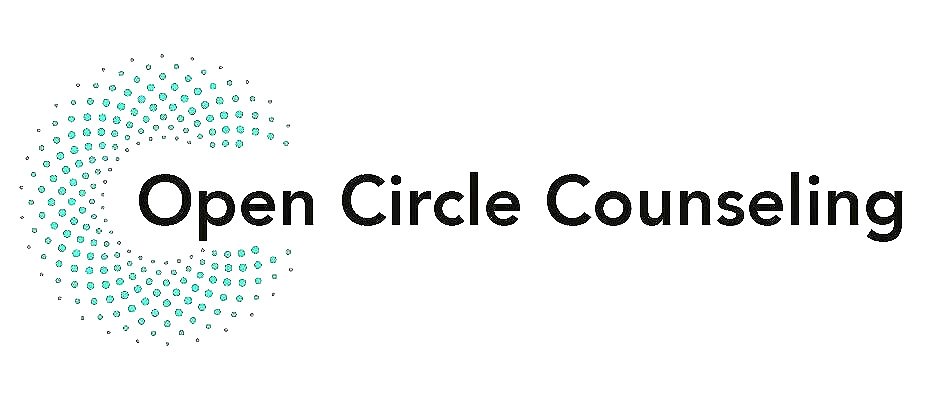Trigger warning: trauma memory.
It was during one of the first lectures of my psychedelic assisted therapy training program that I had a change of heart. A best selling author was slated to teach, and I was pretty psyched to learn from him. Granted he’s not a psychotherapist, but he is a damn good writer, and I was hoping to soak up new ideas and glean some wisdom. But when his Zoom screen came on, I was reminded that my expectations were different than the realities at hand. His big exposed, unmade, sheets-in-a-ball messy ass bed was the centerpiece behind him. Icky. Shortly into the lecture, his landline starts ringing, loudly; he commented his wife would probably answer it. OK, message received—he’s not going to be my guide or teacher. And because of my history, he didn’t even feel safe anymore—he felt creepy, uncaring, and unprofessional. I imagine his intention wasn’t to have that kind of impact. But it did.
Some people don’t care what their Zoom background looks like, and some don’t care what Zoom background they are looking at. And some people do. Some have, for example, painful memories attached to super messy beds and older men; and then when someone is not expecting to see a triggering image, it can be quite dysregulating, activating what is called an emotional flashback. Then, calming the nervous system takes the priority over learning and listening to a lecture.
So we have to take care of ourselves; honor and agree with ourselves—that our lived experiences can help dictate who we can have as a teacher or guide.
So how does this story connect with finding the right psychedelic therapist? Bottom line—we get to decide what works for us, what isn’t going to work for us. We can choose our teacher, mentor, therapist based on what our current wants and needs are. What may be a good fit for one person, isn’t going to be a good fit for another. What may be a good fit for a certain time in your life and healing, may not be a good fit for another time.
I really can’t stress enough how important it is to find the psychedelic guide, or therapist, you can trust deeply, you feel safe with, and that has what feels like ‘clean’ energy and clear relationship boundaries with you and themselves. Because during the psychedelic journey, we can be more open and less defended. We may feel expansive joy, deep fear; and to have a trusted person with us makes navigating those murky waters attainable.
Below are some ideas to consider when looking for the right person to work with and support you during your psychedelic journey:
Do you have a person/people who could refer you to a psychedelic therapist, someone they can vouch for? Granted, what could be a good fit for one person may not be for another—and this could be a good place to start your search.
We have our own responses and feelings to the behavior and choices other people make. When looking for a psychedelic therapist to work with, notice how you feel when you are consulting with them (and it’s a great idea to have a consultation call). Do you feel comfortable-enough talking with them? Do you feel like they ‘get’ your issues or concerns, and respect them? Listen to any initial, ‘wow, I’m excited to work with them’ or ‘hmmm something doesn’t feel quite right’. Trust that!
Talk with a few psychedelic assisted therapists. That way you can start to get a feel for the different personalities, training, experience and orientation each therapist has.
What kind of training do they have? Have they studied with a teacher, taken a course, completed a training program? How aware are they that this work has been part of a myriad of indigenous cultures for thousands of years? Have they studied with particular lineages?
Do you sense you can become vulnerable with that therapist? Does the therapist seem able to set the conditions to help you feel comfortable-enough in going into the unknown?
Does their fee fit with your current budget? Therapy is an investment, and yet if you are stressed about how you can afford their fee, that stress may impede your work.
What is their philosophy on healing, change and growth? Do you click with their outlook and foundational perspectives?
How much experience do they have working with your specific challenges and goals?
Are you looking, for example, a gender affirming therapist, a therapist who is a member of your orientation, culture, or background?
What modalities does the therapist use to help clients prepare for and integrate from the psychedelic journey?
How much experience does the therapist have working with non-ordinary states of consciousness? Does the therapist have personal experience working with psychedelics?
When having a psychedelic journey, our usual defenses are either lowered or not there. We can be more vulnerable in comparison to sitting and talking with a therapist. How does the therapist work with this component?
Do you sense the therapist sees themselves as the ‘expert’? The power differential in psychedelic work can get exaggerated, so notice if you sense they feel like an authority figure to you. Sometimes that is not the most helpful of dynamics.
If you are feeling confused or conflicted about joining with a teacher, therapist or guide, consider talking it through with a friend, group, family member etc..who can help be a sounding board.
Taking the time to consider and reflect on what you would like to get from the psychedelic work and what type of therapist fits you, sets you up well for this work.
Feel free to contact me with any additional questions or to learn how I work.
